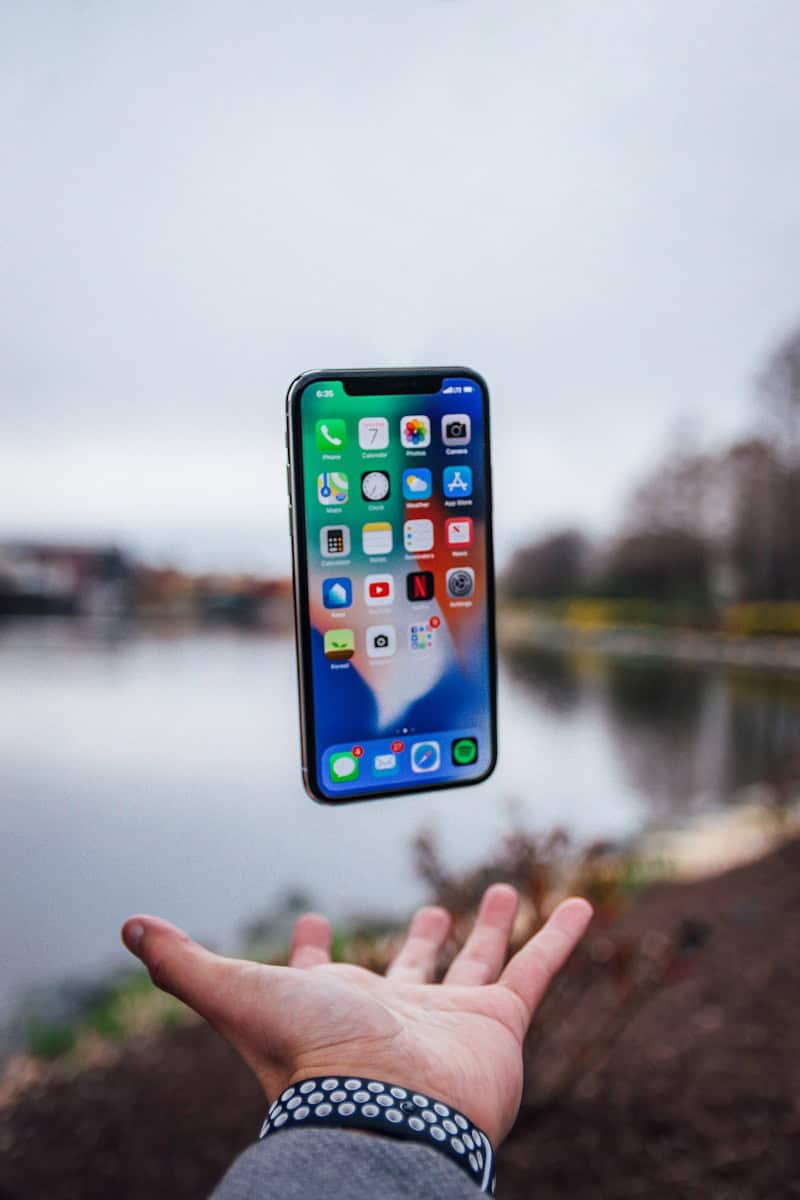Currently, Apple does not intentionally slow down phones as they age. Apple has acknowledged that in the past, it slowed down older iPhones as their batteries aged and degraded. This was achieved through software updates that reduced performance to prevent unexpected shutdowns caused by battery issues. This practice received significant backlash, resulting in lawsuits and public scrutiny. Apple faced criticism and legal issues regarding its practice of slowing down older iPhones. Initially, this approach was defended as a way to ensure that devices with aging batteries would not shut down unexpectedly during peak performance tasks. However, many consumers and regulators argued that the company should have been more transparent about these measures. In recent times, Apple’s software updates continue to affect the performance of older iPhone models. While Apple has made changes to its battery and performance management practices, aging iPhones may still experience slower performance due to battery health decline or other factors.
iPhone Performance Management
As iPhones age, so do their batteries. This is simply a fact of life for lithium-ion batteries, the kind found in all modern smartphones. Over time, they lose their ability to hold a full charge and deliver peak power.
Does Apple Slow Down Older Phones?
No, not anymore. Historically they have implemented features like Battery Health in iOS settings, which provides transparency about battery condition and allows users to choose between performance management (which may slow down the phone to protect battery life) or maximum performance (which may lead to unexpected shutdowns). Older iPhones may experience some slowdown due to natural battery degradation and software updates, but deliberate performance throttling is no longer practiced.
However, it’s important to note that:
- Battery degradation: As batteries age, their capacity and ability to deliver power decrease naturally. This can lead to slower performance, especially during demanding tasks, even without any deliberate throttling by Apple.
- Software updates: New iOS versions are designed primarily for newer iPhones, and they may include features or optimizations that aren’t fully compatible with older models. This can sometimes result in slower performance on older devices, even if unintended.
Apple’s Performance Management Feature
In 2017, Apple introduced a feature that dynamically manages performance on iPhones with older batteries. The goal was to prevent unexpected shutdowns caused by the battery’s inability to meet the phone’s power demands. This feature throttles the phone’s processing speed in certain situations to prevent such shutdowns.
Controversy and Clarity
This feature initially caused controversy as some users felt Apple was intentionally slowing down older phones to encourage upgrades. Apple clarified that the goal was to prolong the life of older devices and offered battery replacement options.
Transparency and Control
With iOS 11.3 and later, Apple added a “Battery Health” feature that shows the maximum capacity of your iPhone’s battery. This feature also allows you to disable the performance management feature, although this could result in unexpected shutdowns.
Current Status
Apple continues to refine its performance management algorithms, aiming to strike a balance between performance and battery life. They have also implemented features like Optimized Battery Charging, which helps slow down battery aging.
Do iPhones Still Slow Down?
Technically, yes, but it’s not intentional obsolescence. It’s a feature designed to manage the performance of older batteries to prevent unexpected shutdowns. You have the option to disable this feature, but it’s generally recommended to keep it enabled for the best overall experience with an older iPhone.
Table: iPhones Affected by Performance Management
| iPhone Model | Affected by Performance Management |
|---|---|
| iPhone 6 | Yes |
| iPhone 6 Plus | Yes |
| iPhone 6s | Yes |
| iPhone 6s Plus | Yes |
| iPhone SE (1st generation) | Yes |
| iPhone 7 | Yes |
| iPhone 7 Plus | Yes |
| iPhone 8 | Yes |
| iPhone 8 Plus | Yes |
| iPhone X | Yes |
| iPhone XS | Yes |
| iPhone XS Max | Yes |
| iPhone XR | Yes |
Important Note:
This table includes only models known to be affected by performance management as of June 2024. Apple may update its policies in the future.
Key Takeaways
- Apple faced backlash for slowing down older iPhone models.
- The company’s approach was intended to prevent unexpected shutdowns.
- Software updates still affect older iPhones’ performance.
The Impact of iOS Updates on iPhone Performance
iOS software updates can affect how the iPhone works. Some updates have led to lawsuits over slower phones. Apple’s power management changes aim to keep older iPhones working longer. Now, users have more ways to check their phone’s health.
Past Controversies and Legal Challenges
Apple faced criticism when iPhones slowed down after new iOS updates. Users felt that their device performance dropped, sparking questions and legal action. France fined Apple for not telling customers that updates could slow phones. In Arizona, the Attorney General led an investigation into these practices, calling them deceptive. Apple settled agreeing to pay and to provide clear information about iPhone performance.
Battery Performance and Device Longevity
iPhone batteries can struggle as they age. They may not give enough power for peak demands. Apple’s software updates tried to fix this by slowing down phones to stop sudden shutdowns. This means an old iPhone might work slower but last longer. Users can see their battery health in the settings. This tells them if their battery is affecting their phone’s speed.
Apple’s Response and Consumer Options
Apple apologized for how it handled iPhone slowing. They made a performance management system that users can turn off. Apple also gave more information about the battery’s health. Now, customers have choices. They can replace their battery or manage performance settings to keep their iPhones running well. Big tech companies like Apple face more pressure to create devices that last without losing quality.







